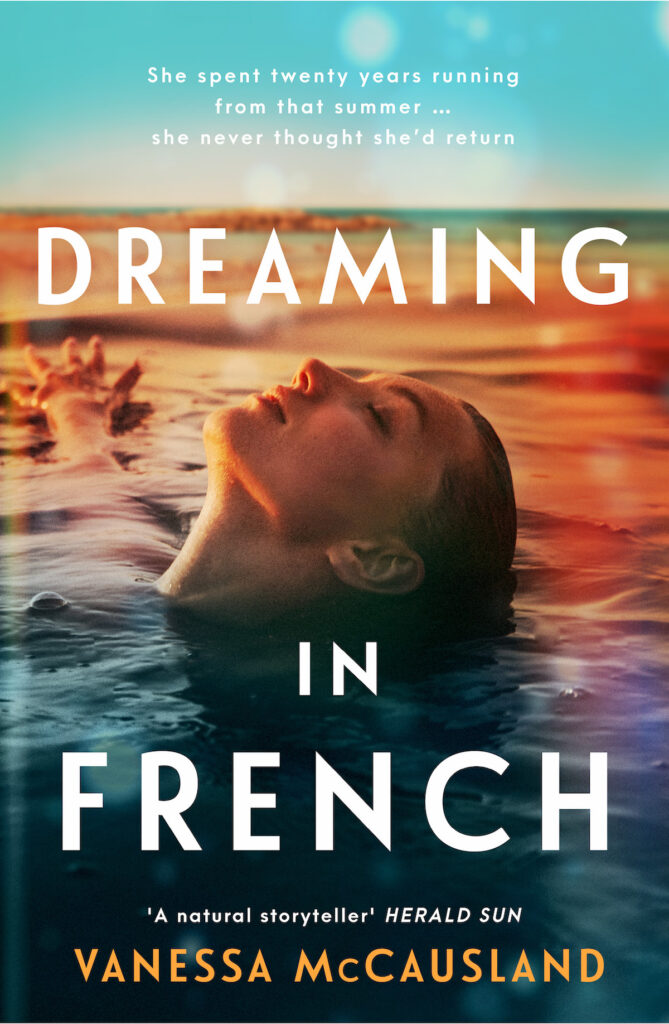I’ve been thinking lately about the difference between a mystery book and a crime book. It’s no secret that Australian crime fiction is having a moment right now. But what about other suspense genres such as mystery and thriller? I’ve always written stories imbued with a central mystery and often this involves a crime, but I wouldn’t really call myself a crime writer, nor my books crime fiction.
But last year my third book, The Beautiful Words, was shortlisted for the 2022 Davitt Awards for women writing crime. I was also asked on a writers’ festival panel what attracted me to writing in the crime genre. A major newspaper review called this book a ‘psychological thriller’. All these terms were slightly surprising to me, and made me question the sort of book I thought I was writing. (I would argue that it’s only when your work is out in the world that you can see it with any objectivity, because writing and reading are two halves of a symbiotic process that ends with the reader.)
Even so, I knew that there was a difference between the sort of books I wrote, and those written by my talented crime-writing friends and colleagues. When I found this definition, it explained a lot.

Masterclass.com defines the difference between crime and mystery as such: “Unlike crime novels, mystery novels concern themselves less with a struggle between good and evil and more with the question of who committed a particular crime. While crime writers often reveal their villain early in the story, mystery writers devote most of their real estate to cracking unsolved cases.”
According to this definition, I realised that I definitely write mysteries. In the case of all four of my novels, there is a central mystery – often one that happened in the past – and the journey of the book is an unravelling of what occurred. I often don’t even know when I start writing who the villain or perpetrator is. There has been a dead sister (The Lost Summers of Driftwood), a missing mother (The Valley of Lost Stories), and a tragic accident (The Beautiful Words and Dreaming in French) – none of which are resolved until the end of the book. A thriller, on the other hand, is a story in which there’s a sense of dread and looming danger inherent in the action. Often the crime is yet to occur.
Writersdigest.com explains the difference between the thematic concerns of a mystery, a crime, and a thriller. A crime novel generally concerns itself with the morality of good and evil in society. A mystery concerns itself with the truth and the human capacity for deception and self-deception. A thriller emphasises the danger in the world, and human vulnerability.
Of course, there are also many subgenres within these three categories. Noir and true crime are subgenres of crime. I was surprised to learn that police procedural is, in fact, a subgenre of mystery. And that psychological thrillers sit alongside the subgenres of horror thrillers, legal thrillers, and epic thrillers.
No wonder it’s easier to call it all crime fiction.
But when looking at the thematic differences, I can see why I’m more drawn to writing mystery. Mystery is often more cerebral and less violent than straight crime. And in all my stories I’m concerned with themes of truth and deception. I like the grey areas this allows me to explore. ‘Good and evil’ seems more of a black-and-white, binary pursuit, whereas truth is mutable and the human capacity for self-deception seemingly endless, and endlessly fascinating.
Vanessa McCausland is the author of four novels. Her latest, Dreaming in French, will be released in July 2023 by HarperCollins Publishing. Info here.
